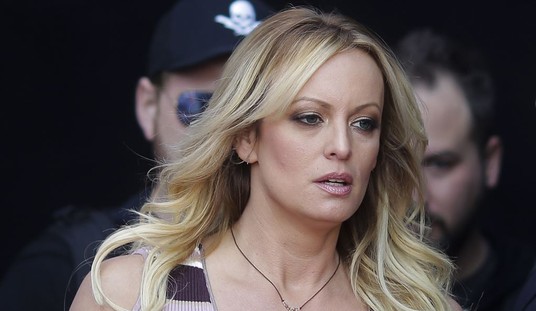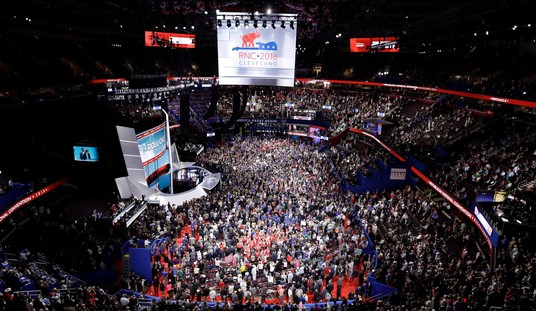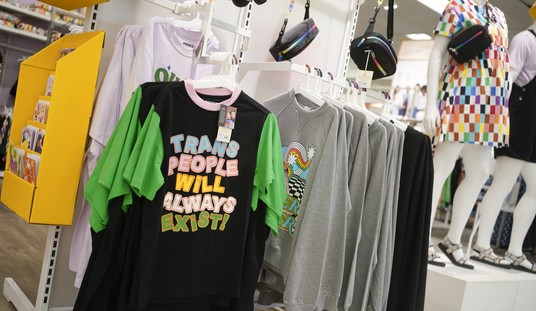We’ve all heard of Banned Books. According to the American Library Association,
A challenge is an attempt to remove or restrict materials, based upon the objections of a person or group. A banning is the removal of those materials. Challenges do not simply involve a person expressing a point of view; rather, they are an attempt to remove material from the curriculum or library, thereby restricting the access of others. As such, they are a threat to freedom of speech and choice.
The American Library Association keeps an active list of books that are either banned or challenged and sponsors an annual Banned Books Week to draw attention to these tomes, lest they be banished from the public eye. Keep in mind that the books on the list range from I Am Jazz to the Holy Bible, because anyone can be offended by anything nowadays. Which is probably why publishers are anxious to nip the offense in the bud—so anxious, in fact, that they want to eliminate potentially offensive books before they’re event printed.
Before a book is published and released to the public, it’s passed through the hands (and eyes) of many people: an author’s friends and family, an agent and, of course, an editor.
These days, though, a book may get an additional check from an unusual source: a sensitivity reader, a person who, for a nominal fee, will scan the book for racist, sexist or otherwise offensive content. These readers give feedback based on self-ascribed areas of expertise such as “dealing with terminal illness,” “racial dynamics in Muslim communities within families” or “transgender issues.”
Need a job in publishing? Try becoming a “sensitivity reader.” If you are of a pre-defined “minority group” you could qualify to read books for any number of publishers before they go to print, or even before they’re opted by the publisher. Why? So that when the publisher faces a lawsuit for offending another person belonging to the minority group you represent, you can provide a deposition or even attest in court to the fact that you were not offended when screening the book. That’s what the role of a “sensitivity reader” boils down to in real world terms. But, for the safe-space inclined, a sensitivity reader is another victory in the culture wars. Wars whose primary victims happen to be under the age of 18.
Plenty of parents screen the media their young children encounter. However, as a child gets older and gains more independence it becomes impossible for us to keep track of everything they encounter on a daily basis. Having been a teenager with a proclivity for both libraries and used bookstores, I’m anything but grateful for the sensitivity readers looking to acculturate my child to an ever-changing politically correct point of view. These readers aren’t being hired to weed out gratuitous sex and violence in tween lit; they’re being hired to teach your child what attitudes are and aren’t acceptable when it comes to sexuality, gender and race relations. If your white son finishes a book about African American women and tells you he feels guilty, thank a sensitivity reader for having no sensitivity regarding the reality that a book’s reach transcends marketing demographics.
From a historical perspective the idea of a “sensitivity reader” is downright dangerous. You aren’t just banning books after they’ve been published, leaving them to be consumed by readers who can access sources beyond an official reach. Sensitivity readers literally ban written ideas before they can reach a mass audience. In another time and another context, a sensitivity reader would’ve been referred to as a military censor, or worse: a propagandist.








Join the conversation as a VIP Member